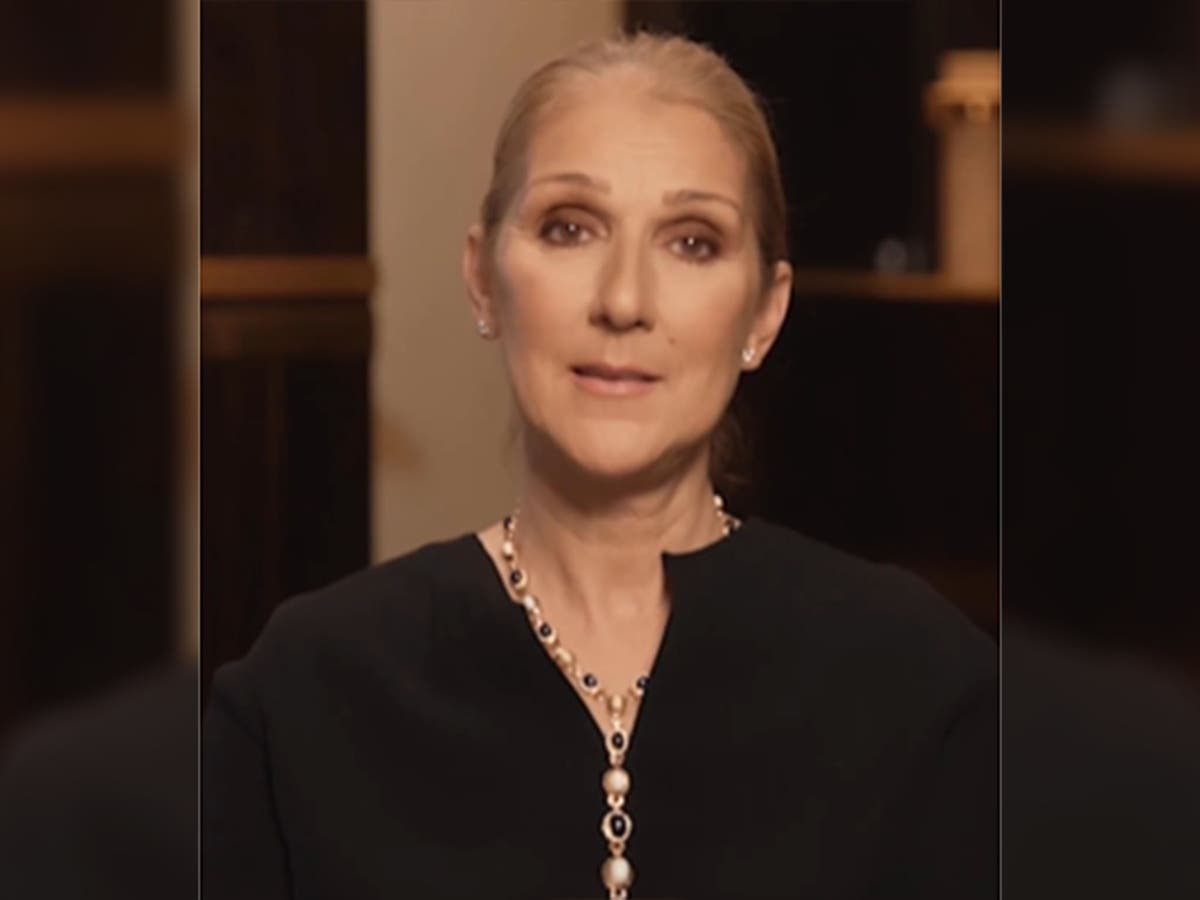After more than a century, is there anything new to say about the story of immigration and one family’s acculturation? It turns out, yes. The world premiere, billed as the “largest production” to grace the stages of Theater J in years, goes deeper than the justifiably praised film, with humor, panache and great affection for its characters — even its slightly more irritating ones.
“Hester Street” is set in the Lower East Side, a neighborhood jostling with a cacophony of accents and musical instruments, but much of the action takes place in a cramped tenement apartment. Wilson Chin’s turntable set accommodates not much more than a twin bed, a milk crate, a table, three chairs and a small stove. The dining room quadruples as the kitchenette, sitting room and parlor. Each time the door slams, you’re afraid it will uncouple itself from its hinges.
The room’s newest occupants are Jake (Jake Horowitz) and Bernstein (Michael Perrie Jr.), his devout roommate. They both find work as tailors and Jake, frequent patron of dance halls, strikes up a romance with a dancer named Mamie (Eden Epstein). Only problem is that he already has a wife and child living in Russia. When the play begins, he has not spoken to them for years, relying on letters to hear news of his family back in the old country.
It’s in one such note that he learns of his father’s death. Jake, who is illiterate, asks the scholarly Bernstein to read the missive from his wife, and the terrible news passes through him like a kidney stone. The play, under Oliver Butler’s astute direction, imbues the father-son relationship with greater psychological depth than the film. Represented as a ghostly silhouette, Jake’s father exerts a powerful influence on his son even in death.
The paterfamilias also appears to be a proximate source of Jake’s Vesuvian rage, which he unleashes in unpredictable bursts upon his wife, Gitl (Sara Kapner). When Jake is reunited with her and young son Yossele (Katie Angell), almost everything about her irks him, from the way she insists on calling him Yankel, his old name, to the way she wears her hair — hidden beneath an oppressive black wig. Their fraught reunion happens on Ellis Island, where they are queried by a peremptory immigration official, who communicates in a mixture of English and trombone. The instrumental intervention is a clever way of conveying the Tilt-a-Whirl atmosphere into which Gitl, who speaks only Yiddish, is suddenly thrust, and effectively lassoes us into her Weltanschauung.
While Cahan’s novella canted toward Jake’s perspective, Rothstein’s play is an unabashedly feminist-forward retelling. As played by Kapner, Gitl is a beguiling mix of George Bernard Shaw’s Eliza Doolittle and Ibsen’s Nora. She’s an embodiment of everything Jake left behind in the old country. Her conversations with her husband are carried out in Yiddish (English supertitles are helpfully projected onto the two curtains dividing their bedroom and living space). She slowly learns English from her young son, who teaches her the words for common household objects. The language lessons are some of the finest moments in the play, with Gitl turning words over like a newly acquired garment.
Mrs. Kavarsky, Jake’s matronly landlady (a scene-thieving Dani Stoller), takes it upon herself to transform Gitl into an “educated” lady of the new world. (The elder woman is a delightful source of unsolicited advice. “You should grow like an onion vid your head in the ground,” she tells Jake.) At a low moment, Gitl goes in search of a love potion to save her ailing marriage. It’s no use; Jake spends almost all his free time with Mamie, who incidentally lends him $25 to furnish his apartment.
In different hands, Mamie would be a makeweight part — a garden-variety siren — but here she’s even more of a sympathetic character than in the film. An orphan who became a popular dancer on her own steam, she’s better resourced, financially and psychically, than many of the other characters. “I don want no man to say, I had to take her just as she was, wid’out a penny,” she tells Jake in one of their first encounters.
Even as she successfully lures him away from Gitl, she indirectly creates the means for the spurned wife to seek happiness elsewhere. Ultimately, love, like energy in the first law of thermodynamics, is not quite created or destroyed, but acquires a new form.
Hester Street, through April 21 at the Edlavitch DC Jewish Community Center. 2 hours 30 minutes, including an intermission. edcjcc.org.















































